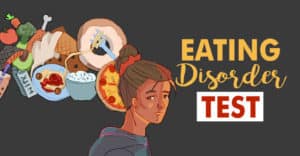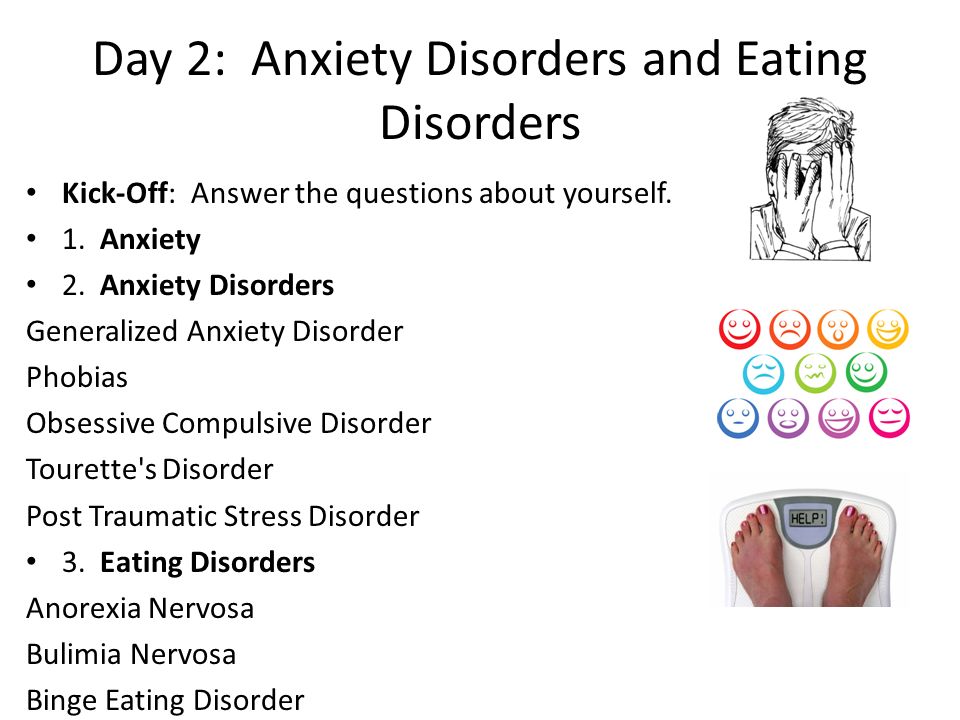
Binge eating disorder (BED), also known as anorexia nervosa or bulimia, is defined as recurrent episodes of rapid and uncontrolled weight gain accompanied by feelings of guilt, shame and discomfort, as well as the physical inability to stop the binge. In many instances, a sufferer with bingeing disorder will refuse to use compensatory behaviors, including self-induced purging, over-exercise or vomiting afterward. Sufferers often see their eating habits and emotional response to their eating habits as the only things that matter, and they do not recognize that there are underlying psychological issues that may be causing the disorder.
Binge eating occurs during a period of extreme emotional distress, in which the sufferer feels physically ill as well as emotionally
Some of the symptoms include irritability, insomnia, irritability and depression, fatigue, constant worry and fear of being unable to stop, increased sensitivity to danger, inability to regulate appetite, uncontrollable overeating and frequent thoughts about death and suicide. It can also be accompanied by physical symptoms, such as vomiting, nausea, diarrhea, bloating, irregular heartbeats and a general feeling of sickness.
The first step to treating a BED disorder is to recognize the condition for what it is. Binge eating disorders should be treated separately from other eating disorders, because they involve the same behaviors and cause the same distress.
Because a binge eater is obsessively focused on his or her weight, he or she will likely have an obsession with food and will have a distorted sense of the quality of the food that he or she consumes. Binge eaters may begin to obsess about whether or not they can eat at all, how much food they should eat, how often they should eat and what they should eat for specific occasions.
Another common symptom is that, as a result of the distorted sense of taste, the victim will find himself or herself unable to properly enjoy food. If you find yourself indulging in this kind of behavior, you may have a problem with food and need help. A dietitian can help you develop a more positive sense of what food tastes like and which foods are healthy and good for you. They can also give you tips on proper portion sizes and on how to choose healthier dishes.

Many times, sufferers of this eating disorder may experience depression as well
This is a serious problem that can lead to suicide attempts. A therapist can help treat the depression and help you understand why you feel so depressed and how you can cope with it.
If you've developed a pattern of winning and overeating, your therapist will help you devise a plan to stop bingeing and purging. He or she will teach you new behaviors to replace the old behaviors with healthier ones. If you have a friend or relative who has a similar disorder, you may be able to get therapy in that person's presence.
If you think you have a history of eating disorders, talk to your doctor about the possibility of using an eating disorder intervention program designed to help you deal with your condition. Your doctor can give you more information and help you determine if you might be a candidate for one of these programs.
Eating disorders can cause you to have problems at work, at school, at home and socially. If you don't feel like you're living up to your potential, or you're having trouble getting along with people, this can be a major problem. Your career, school, your personal relationships and your self-esteem all depend on how well you can manage your disorder.
Eating disorders are serious issues that deserve treatment. The earlier you begin treatment, the better off you'll be in dealing with the problem and manage it on your own.
Binge eating and purging are behaviors that must be treated if you want to live a healthier life. Talk to your doctor and a therapist about the possibilities of a treatment that will help you get back on track and live a better life.